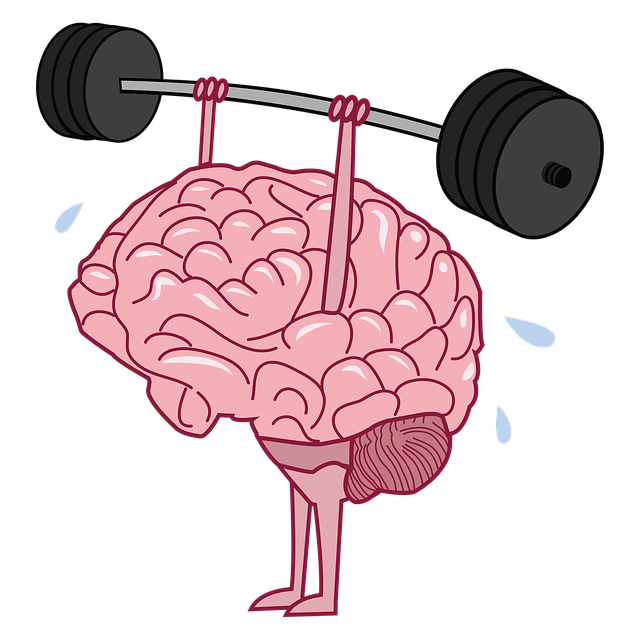Centennial Anger Management Therapy (CAMT) offers a comprehensive, community-oriented approach to combat substance abuse by integrating anger management, mindfulness, and enhanced cultural competency training. This holistic strategy includes individual and group sessions, peer support, self-care practices, and positive thinking to reduce risk, promote mental well-being, and facilitate long-term recovery for individuals and communities.
Substance abuse poses significant risks to individuals and society, encompassing physical health issues, mental distress, and societal costs. Understanding the complexities of substance abuse is crucial for effective risk reduction. This article delves into three key strategies for mitigating these dangers. We explore the foundational concept of understanding substance abuse and its risks, highlighting the promise of Centennial Anger Management Therapy as a novel approach. Additionally, comprehensive long-term recovery strategies are examined, offering a holistic path to overcoming substance abuse.
- Understanding Substance Abuse and Its Risks
- Centennial Anger Management Therapy: A Promising Approach
- Comprehensive Strategies for Long-Term Recovery
Understanding Substance Abuse and Its Risks

Substance abuse is a complex issue that involves the harmful use of drugs and alcohol, leading to significant physical and psychological risks. It’s a growing concern with far-reaching consequences for individuals, families, and communities. Understanding these risks is crucial in developing effective prevention strategies. The impact can be devastating, affecting not just the abuser but also their loved ones and society at large.
Centennial Anger Management Therapy, along with other evidence-based approaches, plays a vital role in addressing substance abuse. By focusing on anger management techniques, mindfulness meditation, and enhancing healthcare provider cultural competency training, professionals can conduct comprehensive risk assessments for mental health issues. This multi-faceted approach ensures that individuals receive holistic support, fostering better coping mechanisms and reducing the likelihood of substance misuse.
Centennial Anger Management Therapy: A Promising Approach

Centennial Anger Management Therapy (CAMT) has emerged as a promising approach to substance abuse prevention and risk reduction. This therapy focuses on teaching individuals effective strategies to manage and control anger, which is often a root cause of many destructive behaviors, including drug and alcohol misuse. By integrating techniques such as mindfulness meditation into CAMT, participants learn to recognize triggers, regulate emotions, and respond calmly under stress. This holistic approach not only helps in burn-out prevention but also empowers individuals to make healthier choices.
Furthermore, CAMT facilitates a sense of community through group sessions and outreach programs, fostering an environment where individuals can support one another. Community Outreach Program Implementation within CAMT encourages peer-to-peer learning, enhances social connections, and provides ongoing resources for maintaining long-term recovery. This multi-faceted strategy has shown significant potential in reducing substance abuse risks, promoting mental well-being, and encouraging positive lifestyle changes.
Comprehensive Strategies for Long-Term Recovery

Long-term recovery from substance abuse requires a comprehensive approach that addresses multiple facets of an individual’s life. Beyond initial detoxification and treatment, integrating effective strategies into daily routines is essential for sustained sobriety. One such powerful tool is Centennial Anger Management Therapy, which helps individuals understand and manage intense emotions that could trigger relapse. By learning healthy coping mechanisms and improving emotional regulation skills, people in recovery can navigate challenging situations without resorting to substance use.
In conjunction with therapy, adopting Self-Care Practices plays a pivotal role in promoting long-term wellness. Engaging in regular exercise, maintaining a balanced diet, and prioritizing sufficient sleep are not just physical care measures; they also foster mental resilience and emotional balance. Additionally, cultivating Positive Thinking through mindfulness practices, meditation, or journaling can help individuals replace negative thought patterns with more adaptive and optimistic perspectives. Furthermore, addressing underlying Depression Prevention mechanisms is crucial, as co-occurring depression significantly impacts recovery outcomes. Through a holistic approach that integrates these strategies, individuals embark on a transformative journey towards lasting recovery and improved quality of life.
Substance abuse poses significant risks, but with the right strategies, recovery is achievable. By understanding the nature of substance abuse and its associated dangers, individuals can take proactive steps towards healing. One promising approach highlighted in this article is Centennial Anger Management Therapy, which has shown effectiveness in managing anger—a key factor in many cases of substance abuse. Additionally, adopting comprehensive long-term recovery strategies ensures sustained sobriety. Combining education, therapy, support groups, and healthy coping mechanisms equips individuals with the tools needed to navigate challenges and maintain a substance-free life. With dedication and access to effective resources, risk reduction is feasible, leading to improved well-being and a brighter future.











